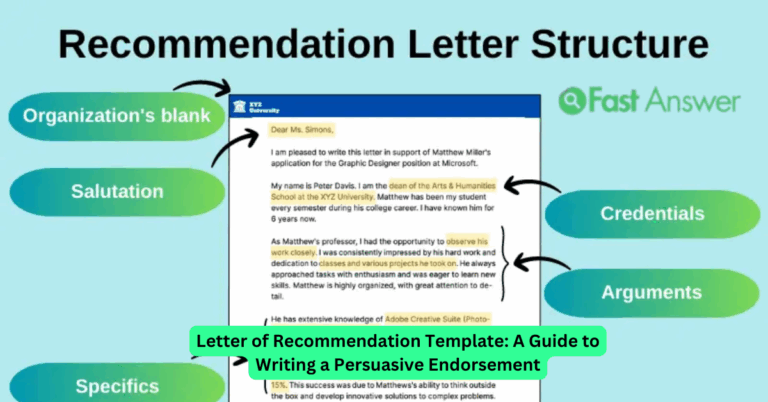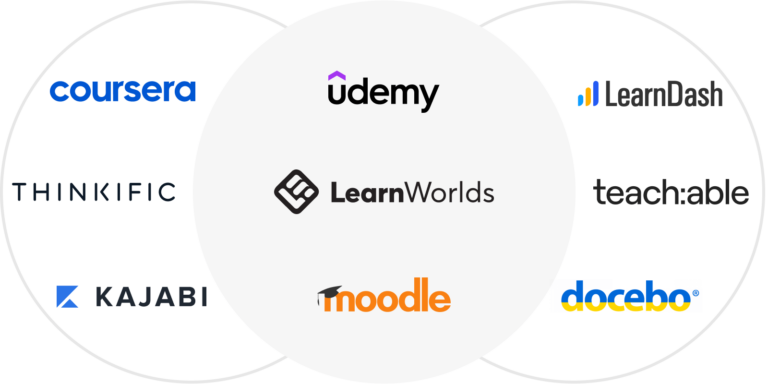Education Nonprofit Organizations Guide: Empowering Change in Education
Education nonprofit organizations play a pivotal role in shaping the future of education by addressing inequities, providing resources to underserved communities, and advocating for policy changes that promote access to quality education for all. Whether you’re passionate about improving public schools, creating educational opportunities for marginalized groups, or funding scholarships, education nonprofits are vital in making a lasting impact. This guide offers an overview of education nonprofit organizations, highlighting their importance, and offering insights for individuals and organizations interested in supporting or establishing educational initiatives that drive change.
What Are Education Nonprofit Organizations and Why Do They Matter?
Education nonprofit organizations are entities that operate independently of the government and focus on improving the education sector. They provide a variety of services, including funding for scholarships, advocacy for education policy reform, and support for teachers and students in underfunded schools. These organizations address the gaps in public education systems, often working where government funding or resources are limited. From local initiatives to international programs, education nonprofits are instrumental in creating equal access to education, improving teaching quality, and ensuring that all students have the opportunity to succeed. Their efforts help bridge the divide in education by focusing on marginalized populations, such as low-income families, minorities, and students with disabilities.
Key Areas of Focus for Education Nonprofits
Education nonprofits can focus on a wide range of areas, each playing a unique role in improving education outcomes. Some of the most common areas of focus for these organizations include:
Access to Education
Many education nonprofits aim to provide access to education for marginalized and underserved communities. They work to eliminate barriers such as financial constraints, geographic limitations, and cultural biases that prevent children and adults from accessing quality education. Organizations in this category may provide scholarships, build schools in remote areas, or create awareness about the importance of education in disadvantaged communities.
Teacher Training and Professional Development
Teacher quality is a key determinant of student success, and many education nonprofits focus on improving the skills and expertise of educators. These organizations offer professional development programs, workshops, and certification courses to help teachers stay updated with the latest teaching methodologies, tools, and technologies. By improving teacher quality, these organizations enhance the overall learning experience for students.
Advocacy and Policy Reform
Education nonprofits often engage in advocacy work, pushing for systemic changes in education policies. These organizations advocate for reforms in curriculum standards, equitable funding for schools, and improved student services. They work closely with policymakers, legislators, and community leaders to influence decisions that affect education at the local, state, and national levels. Advocacy-based nonprofits are critical in shaping long-term educational reforms that benefit entire populations.
Support for Special Education and Disabilities
Organizations focused on special education aim to ensure that children with disabilities have access to appropriate learning resources, environments, and support systems. They provide funding for special education programs, offer resources for teachers working with special needs students, and advocate for inclusive educational practices. These nonprofits help bridge the gap for students who require additional support, ensuring that they can reach their full potential.
Innovation in Education Technology
The rise of technology in education has created new opportunities for learning. Many education nonprofits focus on integrating technology into classrooms, offering tools and platforms that enhance learning experiences. These organizations may provide digital literacy training, access to online learning resources, and platforms that support personalized education. By embracing innovation, they ensure that students and teachers have access to the tools they need to succeed in the 21st century.
How to Get Involved with Education Nonprofit Organizations
Getting involved with education nonprofit organizations can be a rewarding way to make a meaningful impact in the world of education. There are various ways to contribute, whether through volunteering, donating, or even starting your own initiative. Many nonprofits are always looking for passionate individuals to help with their mission, whether it’s tutoring students, organizing fundraising events, or supporting their outreach efforts.
If you’re considering starting your own education nonprofit, it’s essential to identify a specific need within the education sector that you’re passionate about addressing. Whether it’s providing scholarships, promoting STEM education, or improving literacy rates, your initiative should have a clear mission that addresses an unmet need. Additionally, it’s important to establish a strong network of supporters, donors, and volunteers to help make your vision a reality.
The Future of Education Nonprofit Organizations: Opportunities and Challenges
The role of education nonprofit organizations is becoming even more critical as the education landscape continues to evolve. As educational technology becomes more integrated into learning environments and educational disparities continue to exist, there are growing opportunities for nonprofits to make a difference. The pandemic has also highlighted the need for innovative approaches to remote learning and digital literacy, creating new avenues for nonprofits to provide support.
However, education nonprofits also face challenges, including limited funding, changing policies, and the need to adapt to emerging technologies. To succeed in the future, nonprofits will need to be agile, leveraging technology, collaborating with other organizations, and advocating for the necessary policy changes that will improve education for all.
Frequently Asked Questions (FAQs)
1. What types of programs do education nonprofits run?
Education nonprofits run a wide range of programs, including scholarships, teacher training, advocacy for education policy reform, special education support, and initiatives that promote education technology.
2. How can I get involved with an education nonprofit organization?
You can get involved by volunteering your time, donating funds, or supporting awareness campaigns. Many nonprofits also offer opportunities to mentor students or assist in organizing events.
3. Can education nonprofits help students with disabilities?
Yes, many education nonprofits focus on providing resources and support for students with disabilities, including specialized educational programs, advocacy, and professional development for educators.
4. How do education nonprofits advocate for policy change?
Education nonprofits engage in advocacy by lobbying policymakers, conducting research, and organizing campaigns to influence education policies at the local, state, and national levels.
5. How do education nonprofits fund their initiatives?
Education nonprofits typically fund their programs through donations, grants, fundraising events, and partnerships with corporations, foundations, and government agencies.

